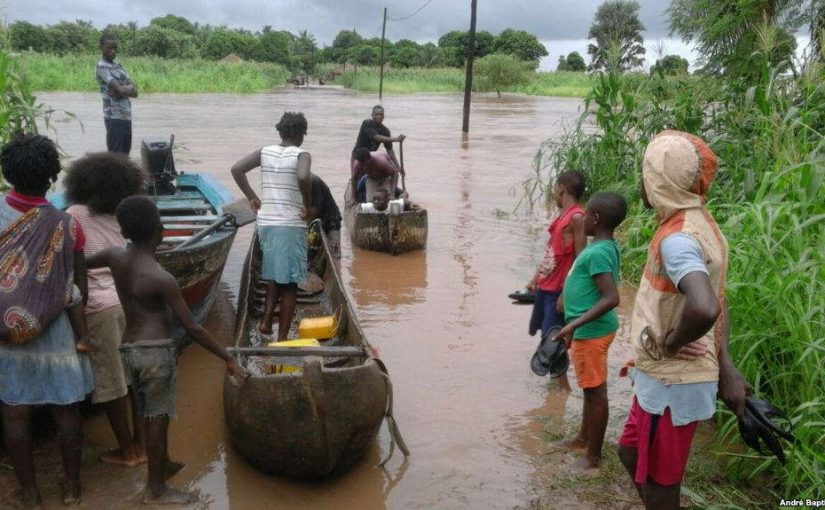Mozambique: ENH profits halved in 2024
Coal company imposes “compulsory curfew” in Cassoca / Tete

Voa / Residents accuse Government of being complicit in "suffering"
The population of Cassoca, a community in the south of the Mozambican province of Tete, has been unsuccessfully protesting against a “compulsory curfew” imposed by the Indian company Jindal, which runs coal mining operations in the area.
For three years, the community of Cassoca living within the Jindal mining concession has been promised resettlement, but since the company built barbed wire fences around them, they have been living under company rules, including time limits on passing through the gates.
At the beginning of the year, Jindal imposed an 8:00 p.m. on going in or out of the settlement, the gates being heavily guarded by the company’s private security firm, seen as hostile to the population.
“This is not life. Even if you have no food or you are sick, you can not go through the gates after 8:00 p.m… We are more isolated than even animals in our own land, and the company that has pledged to resettle us says nothing,” local resident Celina Evaristo told VOA.
Another resident, Rossai Salez, describes the health risks to which the population in the Jindal concession faces, with open cast mining right in the middle of their homes, and accuses the company of “enslaving” the population by prohibiting any type of assistance from 8:00 p.m. onwards.
She accuses the Government of being complicit in her suffering.
The Tete-based non-governmental organization Justicia Ambiental, which assists communities in mining concessionaire areas, has received reports of compulsory curfew from the community, and agrees that Jindal has in effect transformed the community of Cassoca into their own private fief.
Contacted by VOA, a Justicia Ambiental representative said that the wife of a Cassoca resident had had to leave to go to hospital in Tete at 4:00 p.m. on February 25 and had only returned at 9:00 p.m., whereupon she was prevented by security from returning home where her young children were waiting for her.
Justicia Ambiental tried repeatedly to assist the family, and only succeeded after numerous telephone calls to the company, he said.
Access to Cassoca by civil society organisations “has always been difficult, but with the new rules it has become impossible,” he says, adding that visits have to be authorised by the mining company, which declines them so that the population is not assisted and their rights go unobserved.
Contact by VOA, Jindal spokesperson Rejendra Tiwari asked for questions to be e-mailed to them, but the company had not responded by April 18. Tete provincial government declined to comment.












Leave a Reply
Be the First to Comment!
You must be logged in to post a comment.
You must be logged in to post a comment.